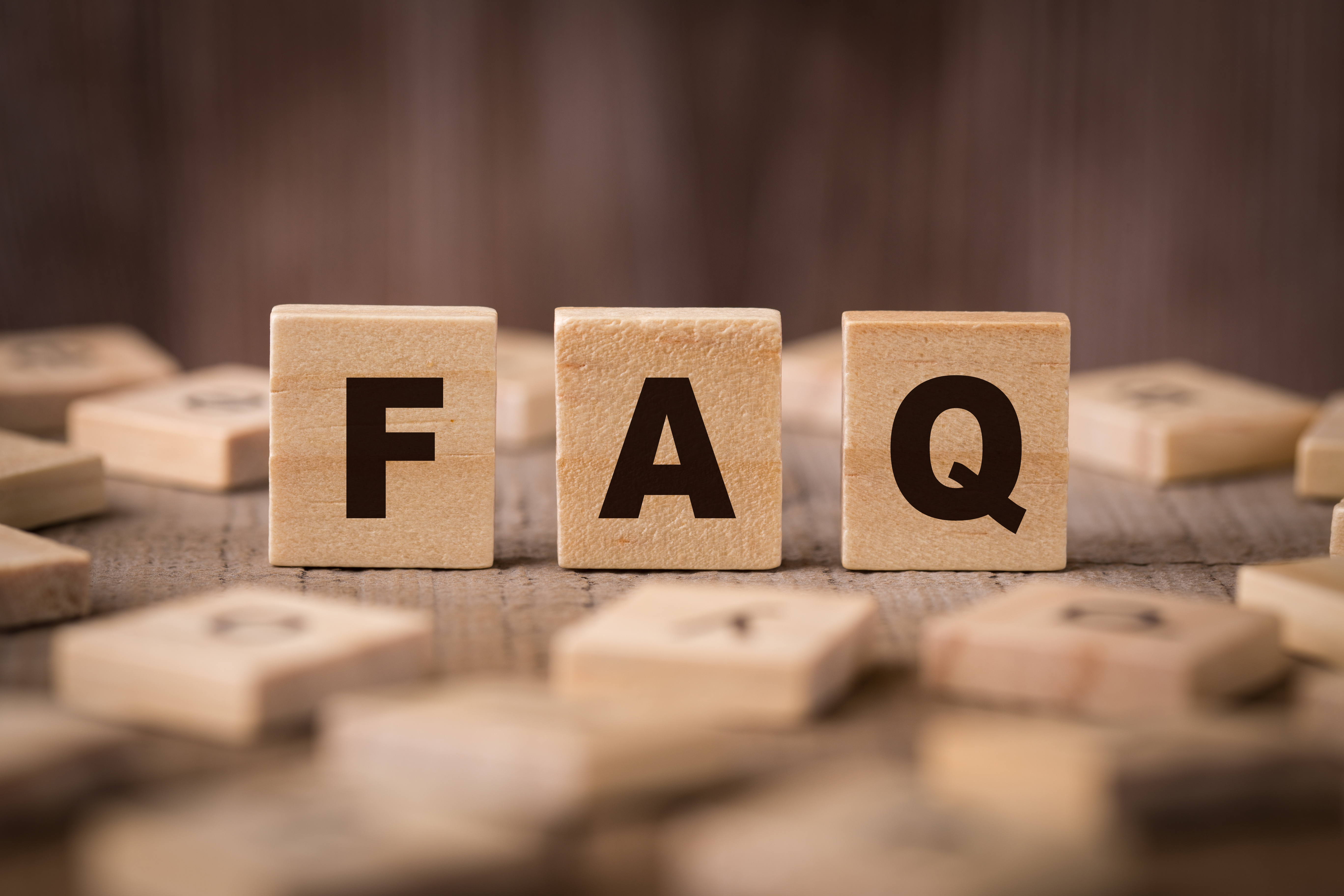Final reports
As a grant recipient, you are required to submit a final report at the end of the project. If there are several grant recipients involved in a project, a joint report must be submitted. In the case of coordinated programmes, the spokesperson/coordinator is responsible for submitting a joint report. The final report is to be submitted via the Elan-Porta(externer Link). The award letter informs you of the date by which the report must be received. The deadline is normally three months after the end of the project.
In this way, you enable the DFG to review the use of the funds in accordance with the programme guidelines and report on the results of the funding to its funding providers. The report also serves to assess the success of funding and provides a basis for evaluating funding programmes.
On the following pages you will find all the information you need on the subject of final reports:



